
Today’s post is by author Cynthia Swanson.
My debut psychological suspense novel, The Bookseller, sold to Harper in 2013 in a pre-empt. I’m not going to lie—it was an amazing deal. The type of deal that compelled me to ask my husband, when I called to break the news, “Are you sitting down?”
By the time The Bookseller released in 2015, Harper had been throwing around the marketing and PR muscle that every author dreams of. They sent out hundreds of advance review copies. They got reviews in major trades, arranged interviews, pitched the book diligently to booksellers in hopes of seeing it make the Indie Next list (which it did), and ran strategically placed ads. For my part, I hired an outside publicist to help me with social media, because I knew exactly zero about building a platform. I cultivated a loyal following, particularly among book clubs. Librarians and booksellers wanted to get to know me—and with my foot in those doors, I fostered now-longstanding relationships with both groups. None of that turned me into a household name, but it was significantly more than a middle-aged, unknown author from Denver would have ever expected.
It also gave me a sense of having “made it.” By all appearances, I had. My agent sold international rights in eighteen countries. For a few glorious weeks, The Bookseller was on the New York Times bestseller list. Julia Roberts’s production company, Red Om, came calling, and I happily signed an option agreement.
Easy street, right?
While all that was going on, I confidently wrote my second novel, The Glass Forest. But by the time I finished it, my editor had retired from Harper. The editor who took over, more interested in publishing nonfiction than fiction, politely passed.
No worries—my agent took The Glass Forest out on wide sub, and I landed at Touchstone, an imprint of Simon & Schuster. Touchstone was full of smart, sophisticated people who did a fine job with The Glass Forest. It didn’t get the advance, nor the fanfare, that The Bookseller did, but it sold internationally in seven countries and hit the USA Today bestseller list.
I was still on my game. All was well.
Less than a year later, Touchstone announced they were closing their doors. Current Touchstone books were farmed out to other Simon & Schuster imprints—who had their own lists, of course. Unsurprisingly, The Glass Forest was nobody’s priority except mine.
Orphaned twice yet undaunted, I began writing another novel. A pandemic came along, and with it a godsend: the opportunity to edit a collection of stories set in my home city of Denver. Published by Akashic Books, part of their Noir series, Denver Noir was the best group project I ever did. It wasn’t going to launch me (or any of the other thirteen story contributors) into instant fame—but it was gratifying, uplifting, and a hell of a lot of fun to celebrate when we emerged in spring 2022 to promote the finished anthology.
All this time, I was writing my third novel, Anyone But Her. When my agent took it out on sub that summer, we received gracious passes. Lesson learned: despite my street cred, the novel wasn’t ready and shouldn’t have been on sub. I rewrote it, but my agent didn’t share my enthusiasm, and we parted ways.
Within a month, I landed a new agent, who loved the book. She took the rewritten Anyone But Her out on sub in summer 2023. But after an editor has passed on one version of your book, rarely can an agent go back to that editor with an all-new version. “Your previous agent’s list was comprised of many of the same editors I’d have sent the manuscript to,” my new agent said. “They won’t give it a second look, because that’s how the business works.”
Fine, no problem. There are lots of editors out there, and I had a solid reputation and good sales numbers. But again, the passes arrived. “While the writing is wonderful, I don’t see this as Cynthia’s breakout book,” was a common theme.
Herein lies a disconnect between what big publishers want and what many authors want. Most authors are thrilled simply to see their books in print, garnering respectable sales and a developing fan base. However, for a Big Five publisher or midsize house to consider your manuscript, they have to believe that major sales numbers are possible. Generally, this means you’re either a household name or a debut they’re willing to take a chance on, thinking you could be the Next Big Thing—knowing, of course, that for most authors things won’t click, but if they do for some, coupled with the household names, things even out.
Another option is to establish an ongoing relationship with a house or editor. This might not lead to big sales numbers, but if the house and editor know you and your work, often they’re willing to accept more modest sales projections for your books. For many such midlist authors, as long as their editor and/or house sticks around, they’ll likely be okay.
For me, however, that ship had sailed—twice. So, time to give up, right?
Nope. Time, instead, to hire the developmental editor I’d worked with on The Bookseller. A former agent herself, she has an impeccable editorial eye, and I trust her implicitly.
I asked her straight out, “Is this book publishable? Because if it is, I’m thinking about self-publishing it.” Her assessment resulted in a subtle yet important shift to the storyline. I made that shift and the novel is significantly stronger for it. So, I decided to forge a new path.
If you’re among the many authors out there looking for your next (or first) book deal—whether previously published or not, whether agented or not—where does this leave you? Certainly, writing the best book possible should be your top priority. But being realistic about your writing, your career—and the very good odds that at any point, things might go sideways—is also vital.
I’ve shelved fully written books in the past. I expect I’ll shelve others in the future. Sometimes, that’s the right thing to do. But sometimes, it’s not.
Sometimes, the right thing to do is trust your gut and just keep going.
Ironically (or maybe not), the entire premise of Anyone But Her—a mother-daughter story about grief, knowledge, and intuition—is learning to trust your gut. It’s a skill that can be lost in this business when authors feel the crush of self-doubt on a regular basis.
Not this time. I’m self-publishing Anyone But Her in ebook and print, and it releases today, September 17. My agent sold the audio rights, and an audiobook is forthcoming from Tantor Media. Advance reader and trade reviews have been great. My followers, fans, and book clubs who have been waiting years for a new novel are excited—and so am I.
This process has taught me lessons I’d never have learned if I’d landed on the easy street I anticipated when The Bookseller released. Become accustomed to expecting the unexpected. It’s essential that before you leap, you learn all you can. Be realistic. Run the numbers. Assess your risk tolerance. That goes for anything, really.
But in the end, you have to just do the thing. Might work out, might not. But if you never try, you’ll never know.


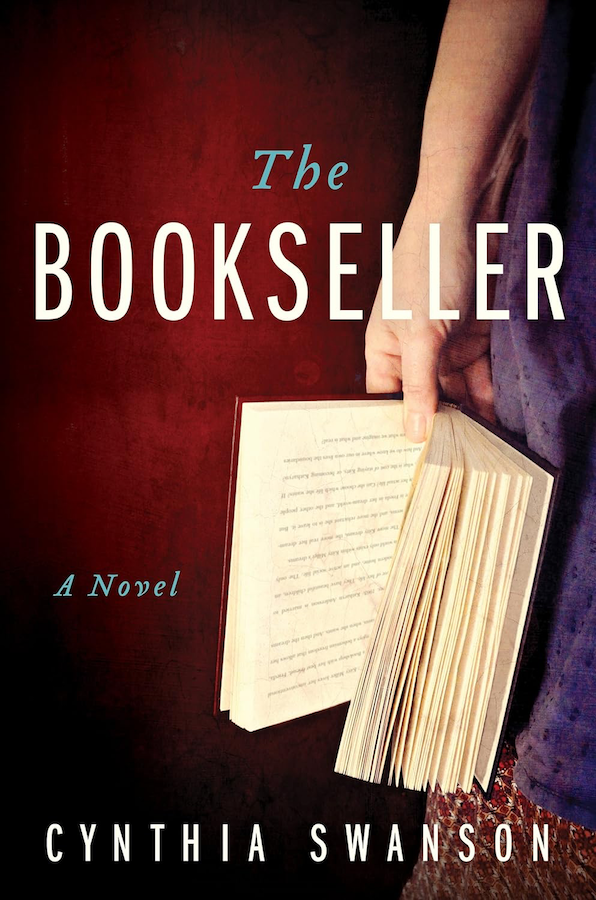
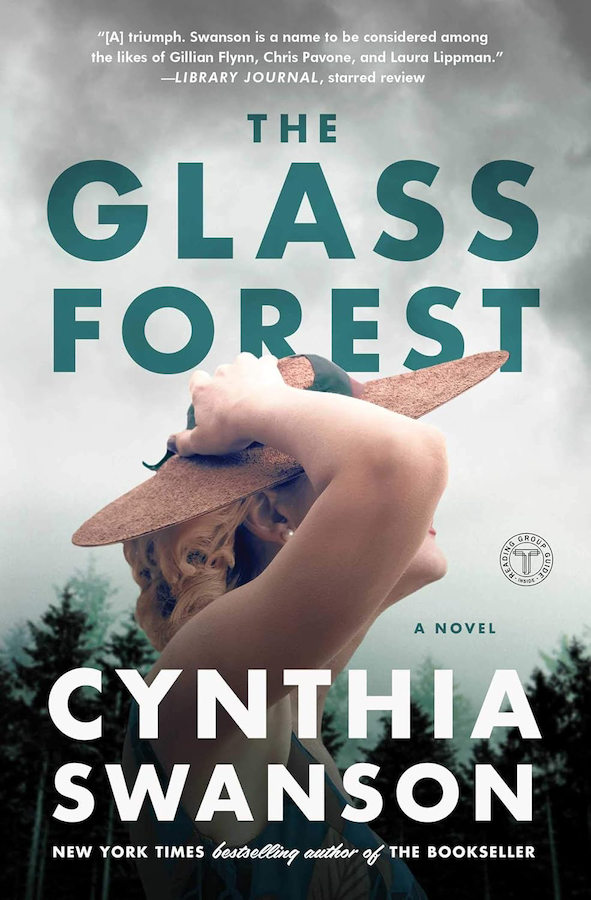
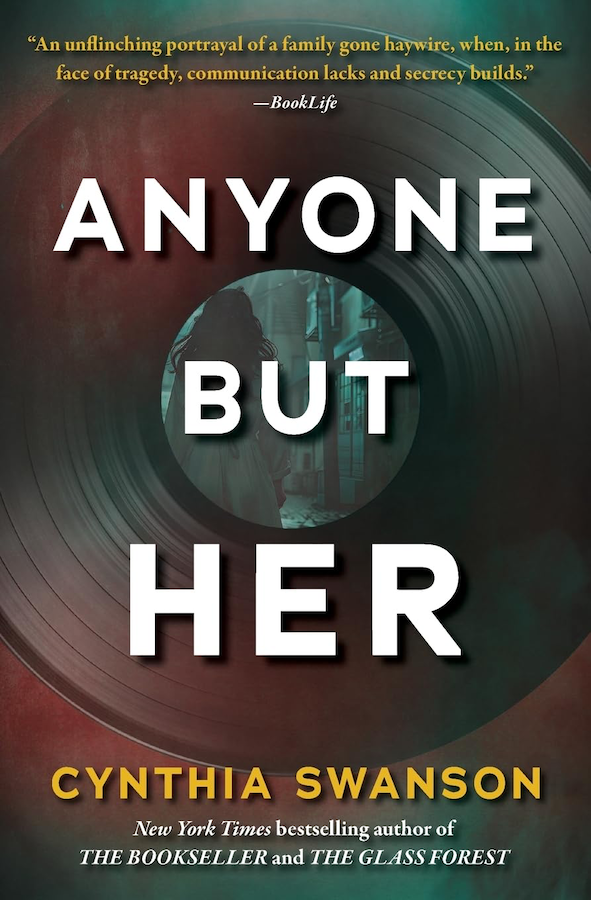
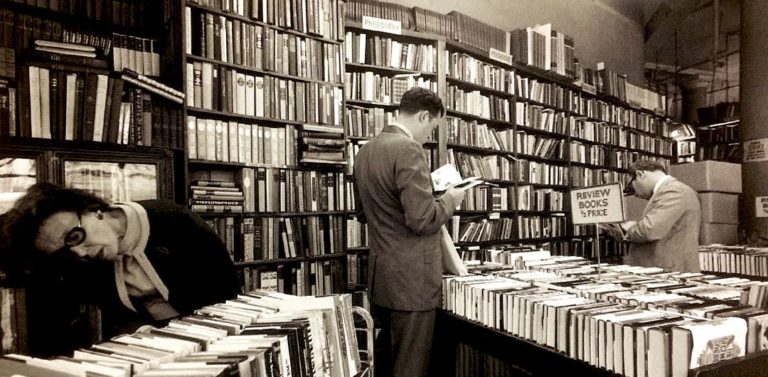
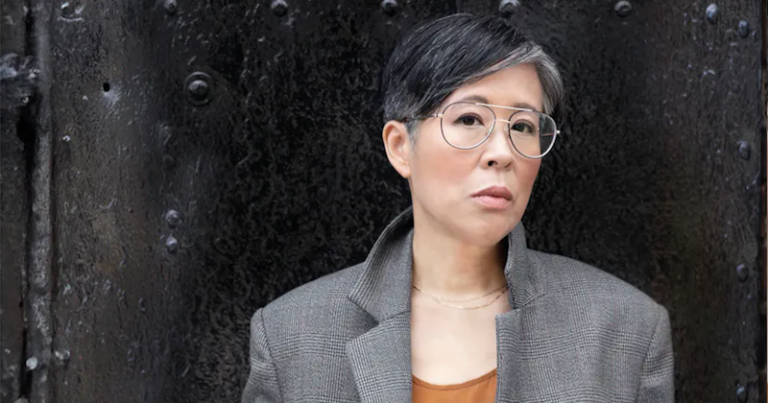
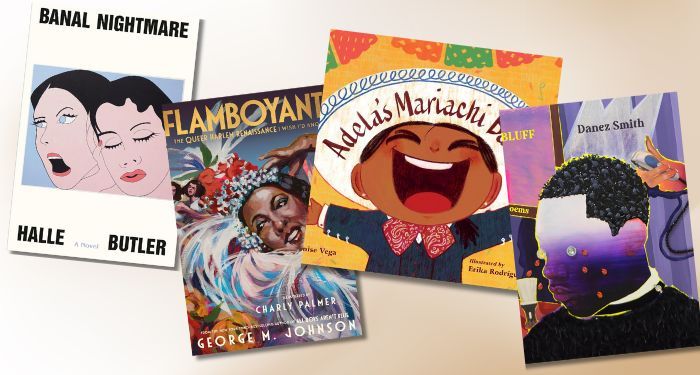







 Bengali (Bangladesh) ·
Bengali (Bangladesh) ·  English (United States) ·
English (United States) ·